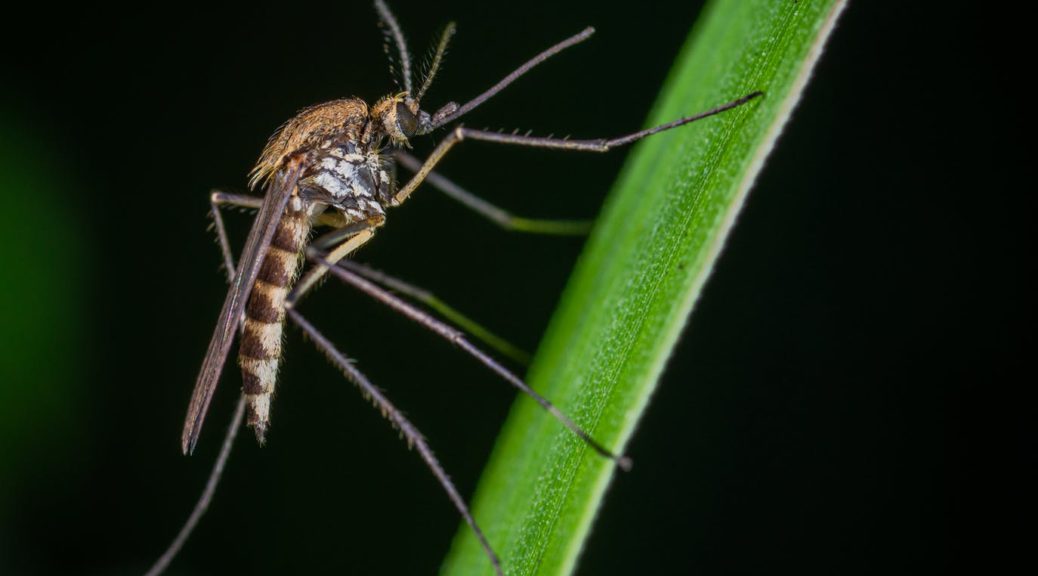
What to Use as a Bug Spray Alternative
Spring is coming and though I am utterly psyched about the longer days, warmer weather and the wild-flowers that it promises, there’s one thing that I’m not looking forward to. The bugs. I am lucky enough to live in an area with fewer mosquitoes than many other places in the world, but we do have them, along with horseflies, ticks and other terrible biting insects.
I am outside a lot and I’ve always taken a little bit of an issue with bug spray. Think about it, it’s full of chemicals that are capable of melting the color off of my rubber sandals (yes that happened) and we spray it right onto the porous surface of our skin to, no doubt, be absorbed by our bodies and melt the color off the insides of all of our cells. Also, I just don’t feel like it works that well. I find myself being bitten regardless of whether I’m slathering dangerous chemicals all over my body or not. So I went on the hunt for something to use as a bug spray alternative, and what I found may surprise you.
Change your behavior
There are some super simple actions you can take to reduce your exposure to mosquitoes. And most of them don’t require any extra materials or spending money.
Wear Lighter Clothing
You could attract fewer mosquitoes simply by changing the color of your clothing. It almost sounds like an old wives tale but there is evidence that mosquitoes exhibit specific color preferences. It is most often noted that darker clothing is more attractive to mosquitoes, and I myself have observed many mosquitos apparent preference for my Dad’s black shirt while trekking through the rain forest in Panama. Navy blue has been a particular favorite among a specific species of malaria-carrying mosquito. But you should know that different species are attracted to different colors. And some may actually prefer light colors.
So take this advice for what it’s worth. It may be useful to you, and it may not. But it’s certainly worth a shot.
Avoid Alcohol
Okay, this one may be hard for some of you to hear but there have been a few studies that equate drinking alcohol with mosquito attraction. Apparently, the ethanol in alcoholic drinks is secreted from your skin when you sweat and mosquitoes like it.
So either stop drinking beer outdoors or do it anyway and accept the consequences of your actions. 🙂
Stay Inside During Mosquito Happy Hour
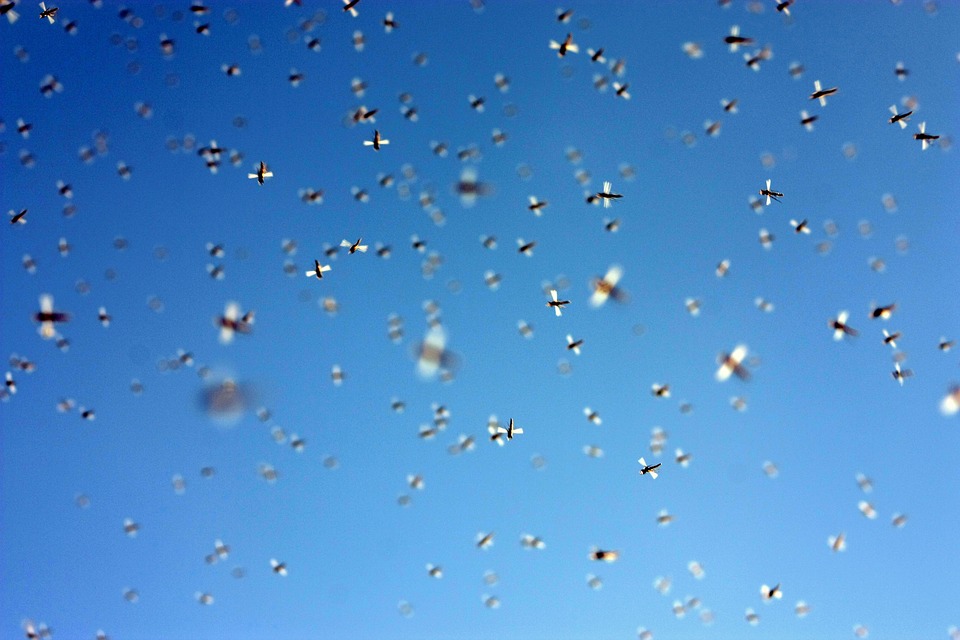
This one only works if you’re at home instead of off adventuring but if you can, stay inside your house at dawn and dusk when mosquitoes are out in force. You can also take steps to remove mosquito habitat from your property such as eliminating all areas with standing water. That’s where mosquitoes breed and lay their eggs.
Cover Up
This is a no brainer, but the more coverage your clothes give you, the less you’ll need to depend on chemical repellents. Long sleeves and pants can do wonders for preventing those itchy bites and are especially important in tick country. When I’m out working in the backcountry and I have to go tromping around off trail, I’ll even tuck my pants into my socks to keep the ticks from sneaking in. The last thing I want is a tick deciding to settle down for a meal where the sun don’t shine.
Blow em’ Away
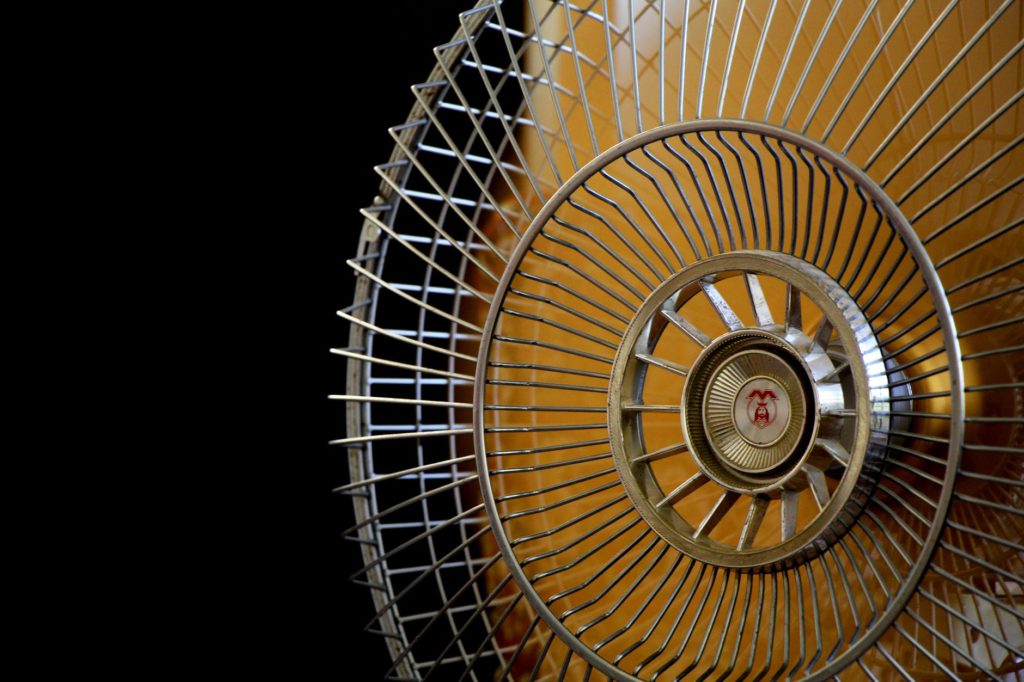
I don’t mean take out your hunting rifle and try to fill the mosquitoes full of lead (although if you want to test out that strategy I’d be interested to hear how it goes ;)). But if you’re looking to enjoy a nice night on your back porch, use a rotating fan to repel mosquitoes by mechanical means. It’ll literally blow the mosquitoes out of blood-sucking range.
Mosquito Repellent Clothing
There are actually companies that make clothing with insect repelling technology built right into the fibers. The original among these is Nosilife clothing by Craghoppers. The clothes are stylish, moisture wicking for hot climates and repel all kinds of annoying, disease-carrying bugs.
The fabrics are woven with special insect deterrent technology that locks biting mouthparts on the outside so they can’t penetrate your clothing. The repelling ability is designed to effectively last through the life of the garment.
Plants!
Just like animals, plants develop strategies to fight back against predators. For a lot of plants, this means putting off scents that bugs just don’t like to be around. Fortunately, even when the bug doesn’t like the scent, we usually do!
Plant them in your yard
You can dissuade mosquitoes from even coming onto your property by planting some mosquito repellent plants around your yard. Some of the best are lavender, mint, lemongrass, citronella, basil, and marigolds. You can grow these plants in your garden, or in pots and move them to areas where you need them the most.
Burn them in the Campfire
Some plants do their best work when you toss them into your fire pit. Sage is the go-to plant to spice up your smokescreen and send all the obnoxious little buzzers away from you.
Eat Lots of Garlic
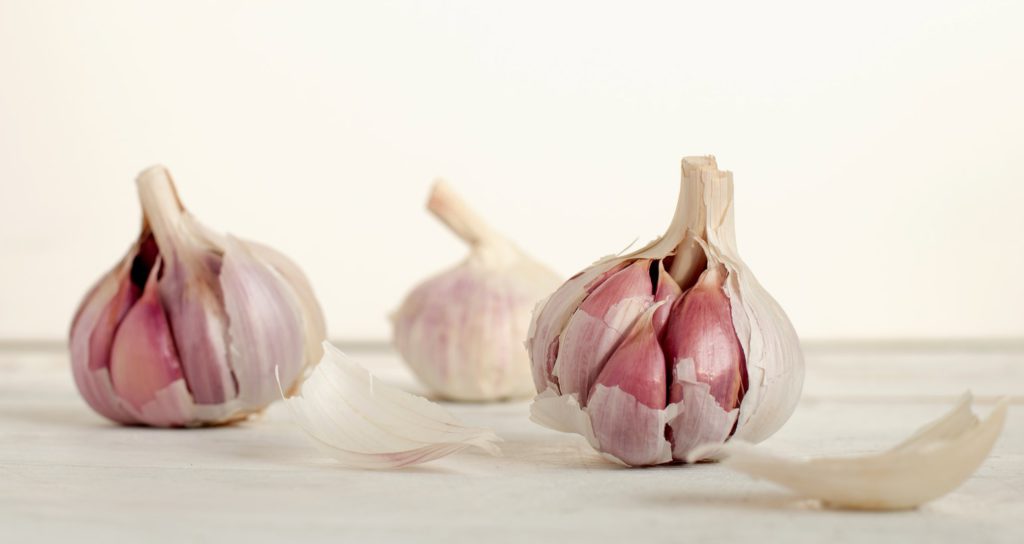
Turns out, mosquitos are actually little vampires. And they hate garlic breath just as much as you do, or more accurately garlic sweat. Just like the beer scenario from above, the compounds that you ingest when you eat garlic are secreted through your skin. But in this case, the mosquitoes don’t like it. Now you know that eating garlic bread isn’t just a sublime experience for your taste buds, it’s also insect-borne disease prevention in action.
Essential oils
Continuing along the lines of plants defending themselves, the chemicals manufactured by plants to protect themselves from predation are called essential oils. Whatever you believe about the thousands of supposed health benefits from these oils, repelling bugs is actually one of the purposes’ nature created them for.
The oils extracted from the plants give you a more concentrated bug repellent than just planting them in your yard.
Catnip!
Catnip makes cats go crazy and, weirdly it may be up to 10 times more effective than DEET at repelling mosquitoes. At this point, I just want to ask why anyone still uses DEET? I guess if you end up attracting cats instead of bugs, it may neutralize the usefulness of this oil. Be careful not to lure any wild cats in with this one. 🙂
Citronella
Citronella candles are pretty well-known in the bug repellent world. And the ingredient that repels the bugs comes from the citronella plant. You can plant citronella and also use the oil on your skin.
Others
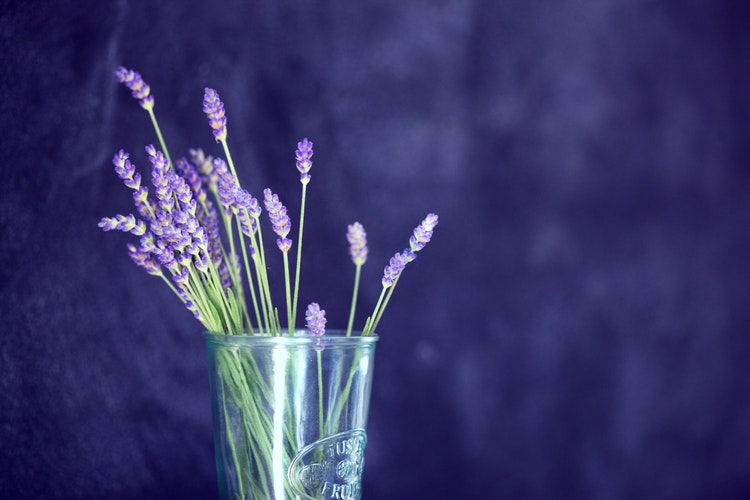
Lavender and witch hazel extract are two more useful, insect-deterring oils. You can combine a few drops of several insect repelling oils into a moisturizer or natural oil and rub it on your skin in place of that nasty DEET.
Now that you’re an expert on bug repellent methods, go ahead and experiment with any or all of these bug spray alternatives. Many of them are easy to do and a lot more pleasant than the foul-smelling chemicals in manufactured bug sprays.
Have you tried any of these things for yourself? Do you have any other tips on how to avoid insects as we start heading into bug season? Let us know in the comments below!
6 thoughts on “What to Use as a Bug Spray Alternative”
Thanks for this informative post, these are really fantastic way to get these bugs out of the way, initially IAdd vanilla extract to either of the above recipes, or just rub on the skin. I also mix vanilla with witch hazel and water for a spray version. Plant insect-repelling herbs in your yard. I grow lavender, thyme, mint, and citronella near our patio and I use these fresh plants as bug repellent in a pinch .
Hey there, I was not aware that Vanilla could be used to help repel as well. That’s great to know, thanks for sharing.
Wow, I can use lavender to smell good and get rid of mosquitos? That is awesome! I also had no idea the power that lighter colors had on deterring mosquitoes. I hate the smell of repellents but you’ve given me a ton of ideas that I can implement without smelling like a chemical factory! Also, the Panama rainforest is beaut. I was fortunate to see it and ride the aerial team back in 2007. Travel safe!
Yes, it’s a double bonus!
Hello, I find your post very interesting and engaging.
I do as well have my concerns when it comes to the chemicals present in bug spray and sunscreen as well.
I wonder what the reason is that mosquitoes like dark colors. Maybe it has to do with most animals being in a dark shade when it comes to their color. I mean when it comes to tropical places (in which mosquitoes live) there aren’t many animals with a light color coat.
There’s one method I always use to keep the little pests at bay – I blow them away with my rotating fan. Of course, this is after making sure all my windows are all well screened.
You mentioned that there’s clothes available which is infused with bug repellent. I wonder if it’s all natural and safe. The reason I wonder is that I believe it could also be absorbed by your skin.
I love your idea about garlic bread. I think I love it even more now that I see it also works a but repellent. I actually love garlic in general.
I have a cat and I think it’s time to get her a few more catnip plants. I love plants in general – now I have another excuse to get some more plants for the house.
Great read!
Jose
Hi there Jose,
Thanks for commenting. From what I read as I researched the phenomenon the prevailing theory of why mosquitoes may prefer dark colors has something to do with the fact that dark colors absorb more heat and since that is one way in which mosquitoes sense potential targets they are more easily able to “see” you when you wear them.
The Nosilife clothes by Craghoppers are woven in a particular way that stops biting insects from penetrating the fabric. The repellent is also treated into the weave. I am unsure what exact chemicals, if any, that they use as they aren’t super forthcoming about it, unfortunately.